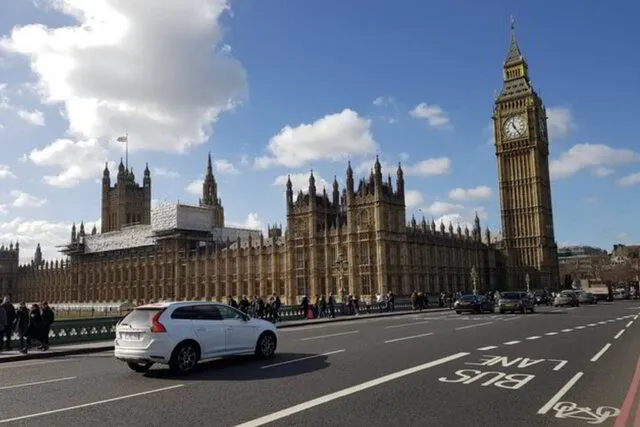According to government statistics, UK motorists commit an estimated 2.1 million offences in the year 2020. While the number of road fatalities has been consistently decreasing, road accidents still account for 24,530 deaths or serious injuries in 2021.
These shocking statistics underpinned the Government’s decision to review the victim surcharge. The victim surcharge is added to the cost of the fine imposed on a law offender. The amount is then directed into the Victim and Witness General Fund.
The law originally mandated a £15 surcharge. The latest changes introduced on 16 June 2022 has resulted in a huge hike in the charge and people violating the law - including motoring offences - can now be charged up to £2,000 on top of their existing fine.
What Is a Victim Surcharge?
The victim surcharge is an additional charge that the court imposes on law offenders on top of the prescribed fine. This law aims to ensure that people who break the law take responsibility for the damage caused to victims and their families, and contribute to the expenses necessary to help them recover from trauma.
The funds collected are redirected to the Victim and Witness General Fund, which awards funds to specific organisations in charge of financially supporting the victims and witnesses of criminal offences, including those who have been victim to homicide, rape, and road accidents
The victim surcharge provision was originally introduced in April 2007 and involved a flat fee of £15 regardless of the size of the fine or the severity of the offence. It was imposed on people who committed an offence and were fined by the court. However, over the past 15 years, this law has been the subject of frequent changes and modifications and, since 8 April 2016, the Victim Surcharge ordered by the court reflects the severity of the offence.
How Has the Law Evolved?
The original provision for the introduction of the victim surcharge underwent several modifications:
- 1 October 2012
- 1 September 2014
- 8 April 2016
- 28 June 2019
- 14 April 2020
- 16 June 2022
The first five amendments adjusted the victim surcharge according to the severity of the offence committed. Since 2012, offenders committed by the court have had to pay 10% extra to the Victim and Witness General Fund, with caps set according to the current economic situation and ranging from £120 in 2012 to £190 until June 2022.
The latest amendment, which came into effect on 16 June 2022 changes the law drastically:
- All Surcharge rates are increased by 20%
- Surcharges imposed as part of a fine are increased by 30%, for a total value of 40% of the fine.
While the amount offenders would have to pay is capped at £2,000, this is a huge increase.
How Does It Affect UK Motorists?
Regardless of each motorist’s driving history, most road users in the UK will be affected by the changes to the victim surcharge.
First, victim surcharges are applied to all motorists who commit an offence and receive a sentence by the court, even if there is no victim directly affected by the offence. This means that even those penalised for speeding or using a mobile phone while driving will have to pay a victim surcharge.
It is likely that some motorists will be unable to pay the imposed fine and additional surcharge, because of the recent increase. While the victim surcharge scheme allowed the Government to raise funds, the amount of uncollected fines may continue to increase because of this new amendment.
The fund has been playing an essential role in supporting the victims of accidents practically, financially, and emotionally, and deserves to be well supported. An increase in uncollected fines will not help.
Can a Fine for a Driving Offence Be Reduced?
In some instances. There are some factors such as good character, poor road conditions, pleading guilty at the earliest opportunity, and other circumstances (emergencies, for example).
I specialise in motoring law and present mitigating circumstances that can often get clients’ penalties reduced. Call me at 0151 601 3743 and let’s discuss your case in a free initial consultation.



